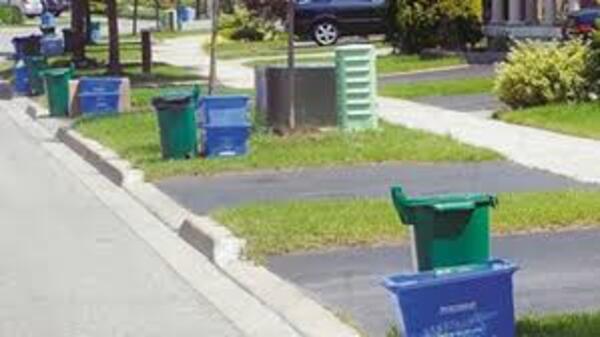
Waste Team Expands - Interview with Rachel Heriot
“Environmental Engineering is a new service offered at SALT. How did this come about?”
SALT have increased our capabilities to work on projects including Construction Environmental Management Plans (CEMPs), Site Environmental Management Plans (SEMPs) and Site Waste Minimisation Management Plans (SWMMP).
We are always looking to expand the services we can offer beyond Waste Management Plans (WMP) so that we can service our clients better and be in line with industry best practise. WMPs are a basic council planning approval requirement detailing how waste would be managed in development once the development is in operation (post-completion). CEMPs, SEMPs and SWMMPs are looking to identify and mitigate environmental risks onsite during construction and demolition. Visit the Construction Waste Management page for more information.
“Did you highlight these as opportunities for any particular reason?”
As we continue to get more experienced in the NSW market, we see this as something fresh to bring into VIC considering all development projects in NSW require a Site Waste Minimisation Management Plan submitted to the council. When predicting the waste generated during construction or demolition, our involvement is to ensure that the waste generated is reduced, reused or recycled, and what the best way to manage this waste would be. Management of demolition and construction waste has also become a focus of green star accreditation in recent years.
“Anything exciting planned for 2018?”
SALT are confident in their ability to be leaders in waste and environmental consulting, our leadership will include working with local Councils to update and review outdated guidelines in line with best practise. We have previously worked with waste service providers to forecast future waste generations within their service area. The outcome of this project offered the client various solutions to meet future demands, such as purchasing more trucks, increasing collection frequencies or reducing travel times. We have identified waste forecasting and guideline updating as large areas of growth and aim to work closer with Councils across VIC. Each Council needs to be treated on an individual basis because residents have varied expectations. By rewriting best practise within an area we can clearly outline expectations and have something tangible our industry should aspire to endorse.
Interview by: Rachel Heriot (Environmental Engineer)
